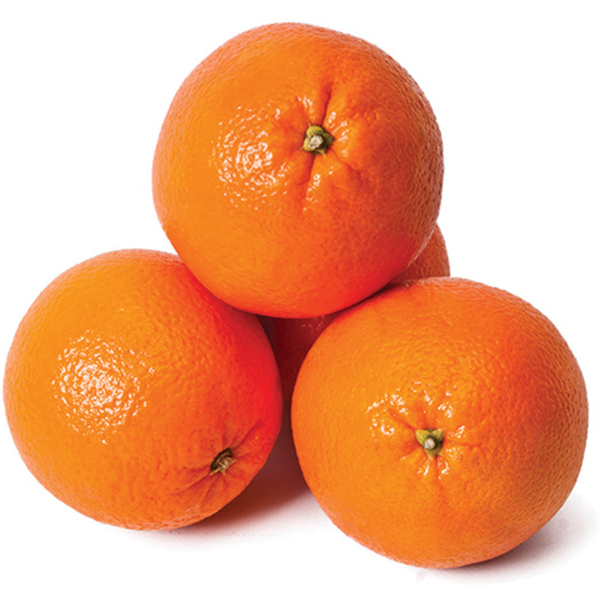
Organic orange sales account for less than 4% of the category. Oranges are a popular item with many consumers, so including an organic option can add to your bottom line. Offer both bagged and bulk options on your displays.
Organic green onions may not be a show stopper by themselves, but they pair well with other items. Include organic onions in salad promotions and cross-merchandise them with organic bagged salads.
Create a Cinco de Mayo promotion that includes organic green onions and other organic vegetables that are popular in salsa. Organic green onions can also be a popular addition to wintertime organic soup promotions as they add flavor and texture to soup.
Include organic green onions in summertime grilling promotions with organic meat as they are a popular topping for steak.
Display organic oranges near conventional oranges as the price compares fairly well. The two types can share a table with the proper barriers or you can place conventional on one side of the aisle and organic on the other.
Offer both bagged and bulk options on your display. When displaying bulk organic oranges, feel free to stack them, but keep your stacks low to avoid an orange avalanche.
Especially in winter, place organic oranges front and center in your department. They are one of the few fruits that are in season, and their bright color draws eyes to a dynamic display. This encourages impulse buys.
Shipping
Organic green onions are often sold banded or bagged and come in a variety of carton sizes similar to those of conventional green onions.
Grades
U.S. No. 1
U.S. No. 2
Handling
Temperature: 32 F, 0 C
Relative humidity: 95-100%
Mist: lightly
Typical shelf life: 7 to 10 days
Odor-producer (Do not store or transport odor-sensitive items with commodities that produce odors. Green onions produce odors that will be absorbed by corn, figs, grapes, mushrooms and rhubarb.)
Green onions are highly perishable.
Necks should be medium-sized and well-blanched for 2 to 3 inches above the root.